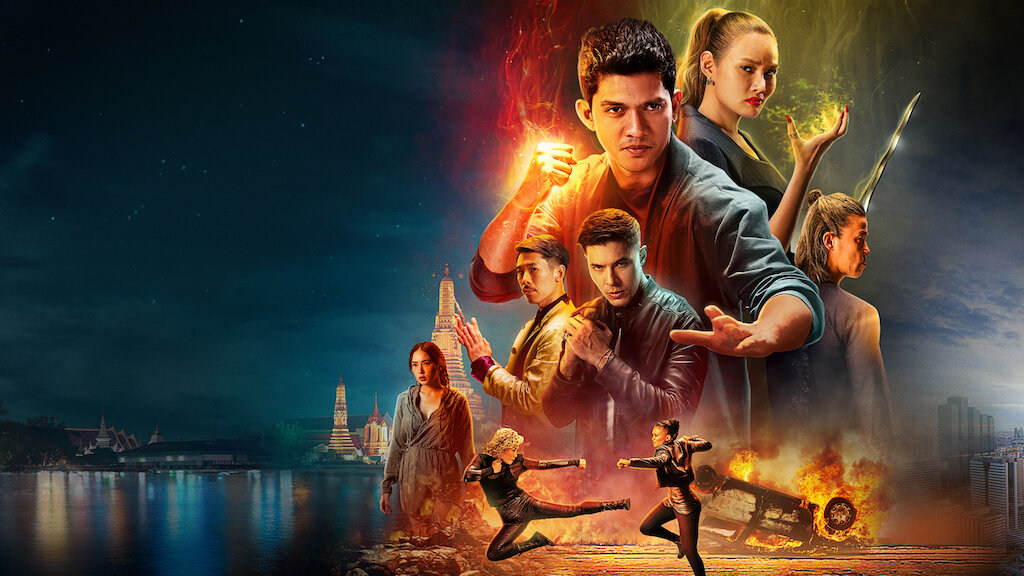Unveiling the Epic Tale: A Brief Review of “Titanic”
Overview of the Film
A Cinematic Spectacle
“Titanic,” directed by James Cameron, is a cinematic masterpiece that chronicles the ill-fated voyage of the RMS Titanic. Released in 1997, the film is a blend of historical drama, romance, and disaster epic, captivating audiences with its compelling narrative and stunning visual effects.

- Set against the backdrop of the real-life tragedy of the Titanic’s sinking in 1912, the film follows the fictional romance between Jack Dawson, a penniless artist, and Rose DeWitt Bukater, a young socialite, amidst the opulence and grandeur of the “unsinkable” ship.
Plot and Characters
A Tale of Love and Tragedy
At the heart of “Titanic” is the captivating love story between Jack and Rose, portrayed with heartfelt performances by Leonardo DiCaprio and Kate Winslet. Their forbidden romance transcends social barriers and class divides, capturing the essence of true love amidst adversity.
- Jack, a free-spirited artist from the lower class, wins a ticket aboard the Titanic in a poker game. His chance encounter with Rose, a disillusioned aristocrat engaged to the wealthy Cal Hockley, sets the stage for a passionate and tumultuous romance that defies societal norms.
- As the Titanic embarks on its maiden voyage across the Atlantic, Jack and Rose navigate the complexities of their relationship amidst the backdrop of impending disaster. Their love story unfolds against the backdrop of the ship’s lavish interiors, breathtaking vistas, and inevitable tragedy.
Visual Effects and Cinematography
Immersive and Breathtaking
“Titanic” is renown for its groundbreaking visual effects and breathtaking cinematography, which bring the grandeur and scale of the Titanic to life on the silver screen.
- The film seamlessly integrates CGI (computer-generated imagery) with practical effects to recreate the iconic ship and its final moments with stunning realism. From the ship’s majestic exterior to its lavish interiors, every detail is meticulously crafted to transport audiences back in time to the fateful night of April 14, 1912.
- Director James Cameron’s meticulous attention to detail and innovative filming techniques, including underwater cinematography and miniature models, imbues “Titanic” with a sense of authenticity and immersion that captivates audiences from start to finish.
Music and Sound Design
Evocative and Emotional
The musical score of “Titanic,” composed by James Horner, complements the film’s narrative and visuals with its evocative melodies and emotional resonance.
- The haunting strains of the film’s main theme, “My Heart Will Go On,” performed by Celine Dion, have become synonymous with the epic romance of Jack and Rose. The song’s soaring vocals and poignant lyrics perfectly capture the enduring power of love amidst tragedy.
- In addition to its iconic theme song, “Titanic” features a rich and immersive sound design that enhances the film’s atmosphere and tension. From the rumble of the ship’s engines to the cacophony of its final moments, every sound is meticulously crafted to immerse audiences in the harrowing experience of the Titanic’s sinking.
Historical Accuracy and Impact
Balancing Fact and Fiction
While “Titanic” is a work of fiction, it is ground in historical events and meticulously research details that pay homage to the real-life tragedy of the Titanic.
- The film’s portrayal of the Titanic’s sinking, including its layout, design, and sequence of events, is largely accurate to historical accounts and survivor testimonies. James Cameron and his production team spared no expense in recreating the ship’s interiors and exteriors to the highest degree of authenticity.
- Beyond its historical accuracy, “Titanic” has left an indelible impact on popular culture and cinematic history. The film’s universal themes of love, loss, and sacrifice resonate with audiences of all ages, cementing its status as a timeless classic that continues to captivate and inspire audiences more than two decades after its release.
Conclusion
“Titanic” is more than just a film; it is a cinematic experience that transcends time and genre. With its captivating story, breathtaking visuals, and memorable performances, “Titanic” has earned its place in the annals of cinema history as one of the greatest films of all time. Whether viewed as a timeless romance, a gripping drama, or a harrowing disaster epic, “Titanic” continues to enchant and enthrall audiences around the world, reminding us of the enduring power of love and the fragility of life.





